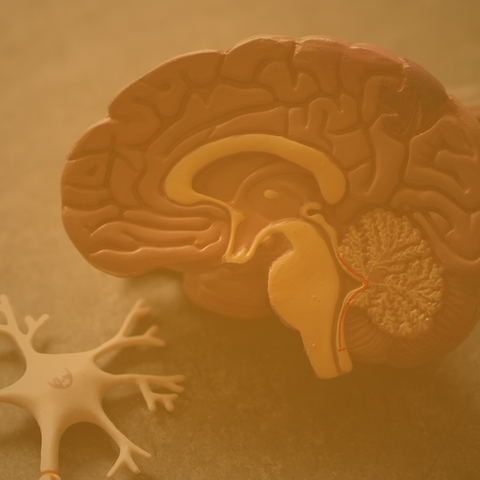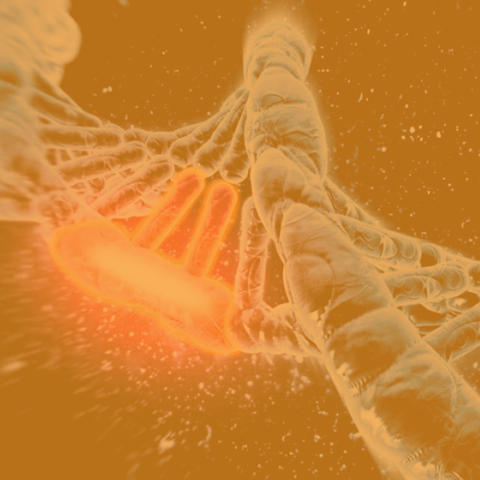Learning & education: GABA

The question is: when should you take magnesium to best support GABA's calming effects? Morning, evening, or spread throughout the day? The answer is not absolute, but recent research offers useful clues.

In this article, we explore the emerging evidence around how psychedelics interact with the GABA system, both directly and indirectly, and what implications this might have for mental health and therapeutic applications.

This article explores how specific dietary factors: fiber, micronutrients, fermented foods, and timing, can support microbial GABA production and overall gut-brain health. Let’s dive into what your microbiota needs to feed your calm.

The idea that gut microbes may be influencing mental health or even neurological disease isn't just exciting, it's transformational. Let’s explore how this invisible ecosystem within us could hold keys to understanding anxiety, depression, and more serious neurological disorders like Parkinson’s or Alzheimer’s.

Let’s take a walk through the gut-brain connection, meet the GABA-producing bacteria hiding in your microbiome, and see how you can turn up the volume on calm.

Any abnormalities in GABA metabolism, including variants in genes encoding enzymes responsible for GABA synthesis and degradation, transporters, and receptors, may lead to diseases. This article provides an overview of genetic variants identified in various components of the GABAergic system and their association with different diseases.
